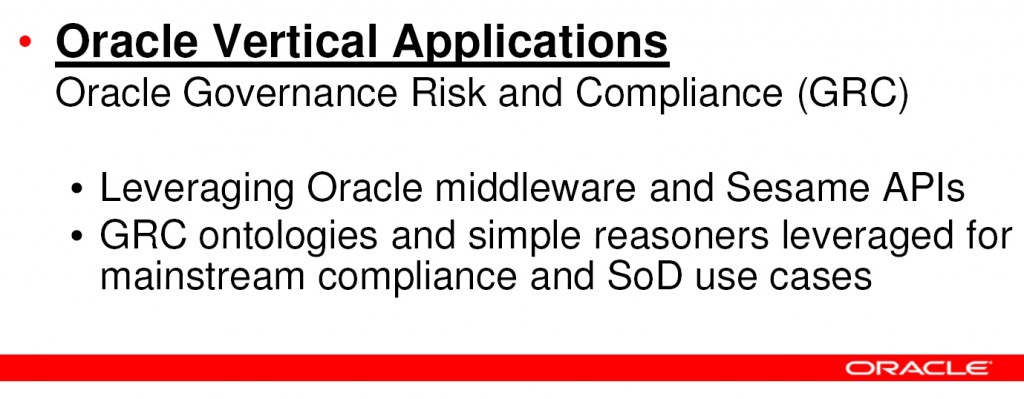Some time ago I spoke with public sector leadership at Oracle and Accenture about applications in Health and Human Services. Oracle was already my client with what was then Haley Authority (now Oracle Policy Automation) integrated within Siebel CRM. Lagan was also one of my clients who competed with Oracle and others, such as Curam Software, for public sector case management applications. It was obvious then that then market-leading approach of Curam Software, which largely relied on IBM Global Services to codify the policies that determine eligibility and levels of benefit for various programs would not be viable for much longer. Oracle and Lagan were going to change the playing field with a more accessible and knowledge-centric approach based in Haley’s natural language business rules management system.
There was a current battle going on in one state (Kansas, as I recall) among these three companies which went Oracle’s way thanks to Accenture and support from Haley. We were also working with them on a larger opportunity in Ontario. It was clear then that Oracle’s use of Haley needed to expand to include PeopleSoft, which had a larger public sector footprint than Siebel. Well, all this is now out in the open with this joint announcement by Accenture and Oracle. These folks are far ahead of IBM, in services and software, respectively, in the human, health, and social services markets. Their thinking is also more strategic. This cooperation should result in continuing market share gains by Oracle and continued domination of related services by Accenture, at least within public sector CRM, which Lagan appropriately called “citizen relationship management”, and which includes social services. This market consists of primarily of states and provincies, but also some cities and counties.
As I’ve written recently, Oracle has an opportunity to establish itself as the most knowledge-driven of the principal enterprise application and middleware vendors. This is most evident in Oracles emphasis of policies in the public sector. Policies are much more knowledge-oriented than rules which are technical. Although downplayed in the release, they are in there and at its core. Without market appreciation for higher level policy management over Curam’s more technical nature there would be nothing to this.
Also worth noting for those interested in trends towards intelligence, knowledge, and semantics is the massive but unheralded use of semantic technology (including rules suitable for administrators) for ensuring segregation of duties (SoD) in Oracle’s most recent version of its Governance, Risk and Compliance (GRC) platform.
This is realization of work started a couple of years ago (as described here) and is the most significant application of semantic web technology that I am aware of within enterprise applications.


Thanks for sharing the information. I looked at the slides and it was pretty light on details. Do you know of a more technical description of what Oracle has achieved with Accenture?
Oracle Policy Automation is difficult to find but on Oracle’s site. The detail I know, such as with regard to the GRC SoD is more than has been made public. If you find better materials published, I’d be happy to link to them but I am not aware of any.
That’s too bad. Many people could learn from more detailed technical papers. I couldn’t find any from Oracle’s website. There’s a lot of great articles on Oracle’s website, it’s just hard to find stuff.